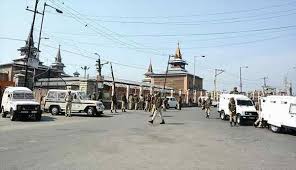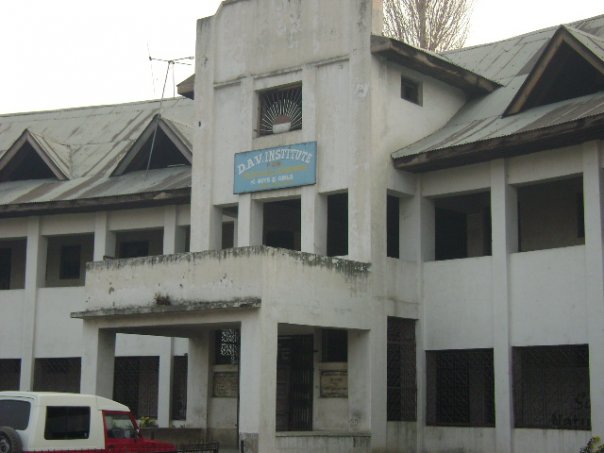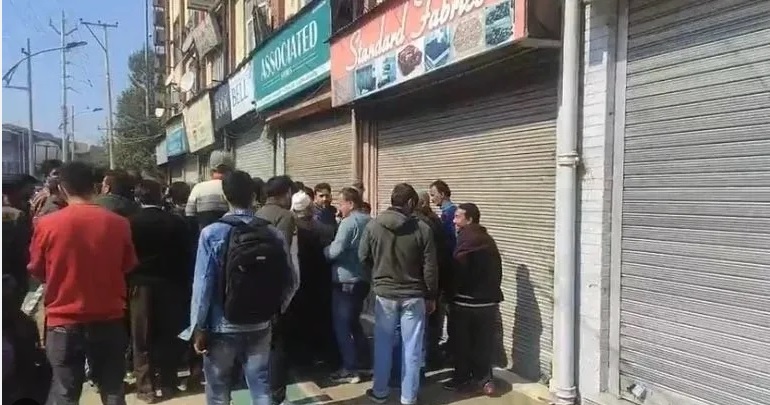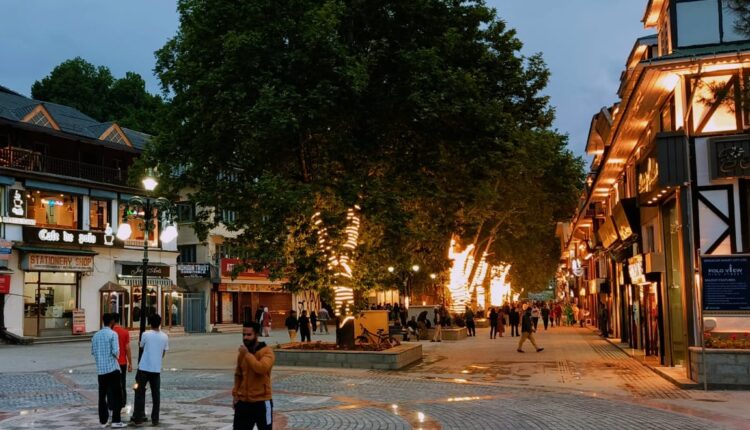Imams and Maulvis of various religious organizations and Masjids of Kashmir discussed the continuous closure of Jamia Masjid, barring of Hurriyat (M) chairman from leading Friday prayers and imposing strict restrictions in downtown areas on every Friday to prevent people from reaching to the grand mosque, Hurriyat (M) statement said.
“In day-long deliberations over a series of issues, in which besides ulema, a cross section of society including traders, and civil society activists participated, a joint resolution was passed asking government to allow prayers in the Jamia Masjid and to lift the siege on Fridays in downtown areas or else a joint strategy would be formed taking all sections of society onboard to resist the lockdown of the grand mosque,” Hurriyat (M) said.
Statement said the joint meeting was called by the Anjuman-e-Auqaf Jamia Masjid Srinagar at Mirwaiz Manzil Rajouri Kadal.
Statement said the meeting was chaired by vice president of the Auqaf and Imam of Jamia Masjid Moulana Ahmed Syed Naqshbandi while as incarcerated chairman of Hurriyat (M) Mirwaiz Umar Farooq addressed the gathering of ulema and civil society activists over phone.
Statement said among those who participated in the meeting included president of Jamiat-e-Ahlihadith Ghulam Muhammad Bhat Al Madani, patron of Anjuman-e-Himayatul Islam Moulana Khursheed Ahmed Qanoongo, president Islamic Study Circle Dr Yousuful Umar, representative of Muslim Waqf Board Moulana Noorani, spokesman of Jamaat-e-Islami Zahid Ali, and president Kashmir Economic Alliance Muhammad Yasin Khan.
Statement said a written letter of Kashmir’s Grand Mufti, Bashiru Din regarding the issue was also read in the meeting.
The participants of the meeting said that the pulpit of Jamia Masjid has been the central to the religious identity of the Muslims of the valley, statement said, adding: “Thousands of people from all nook and corners of Valley travel long distances to pray at the Jamai Mosque as they have a deep emotional attachment to it and barring them from praying there greatly hurts their religious sentiments and the religious sentiments of Muslims across the valley.”






